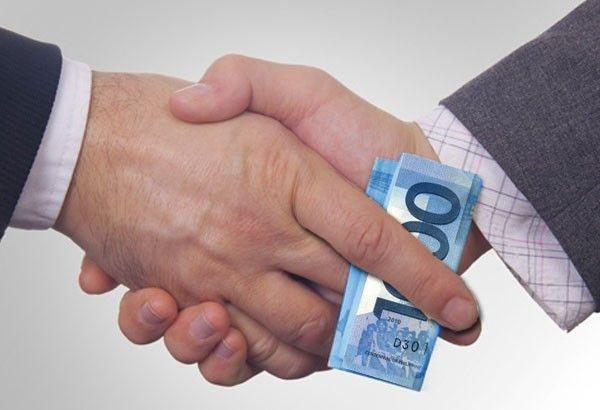Fraud lifts economic crimes to record high

MANILA, Philippines — Fraud cases in businesses nearly doubled in the last two years, pushing reported economic crimes in the country to its highest level, the latest bi-annual survey of PwC showed.
The 2018 Global Economic Crime and Fraud Survey released yesterday showed over half, or 54 percent of Philippine organizations indicated that they have experienced economic crime and fraud in the past two years.
The figure is higher than the global result of 49 percent and is more than double the 20 percent turnout during the previous survey in 2016.
Asset misappropriation emerged as the top economic crime experienced by organizations at 53 percent, followed by business misconduct at 38 percent, procurement fraud at 35 percent, and accounting fraud at 29 percent.
Tied are bribery/corruption and fraud committed by consumer at 24 percent.
“The global results indicate that fraud is at an all-time high, with 49 percent of respondents experiencing economic crime in the past two years. In a similar fashion, 54 percent of Philippine respondents confirm the same, and is higher than the 20 percent reported in 2016,” PwC Philippines consulting partner Roberto Bassig said.
“These data may indicate two things – there is a general increase in the occurrence of economic crime, or organizations have become more aware and proactive in detecting and addressing economic crime than before,” he added.
In 2016, 41 percent of Philippine respondents predicted they were unlikely to be affected by fraud, but that has not been the case as one of two organizations has experienced it based on the results of the recent survey.
“The Philippines provides a diverse backdrop for organizations--a growing economy, evolving regulatory regime, coupled with varying business challenges and disruptive effects of emerging technology and innovation. This setting may have influenced the types of top economic crimes prevalent in local organizations, and can influence further the nature of what may come in the future. The pressure to perform and the available opportunities may have triggered more internal organizational actors to commit economic crime and fraud,” Bassig said.
Despite the record high figures, PwC said Philippine organizations expressed optimism in their readiness to combat economic crimes in the next 24 months.
“Economic crime is a big issue to tackle on its own. However, organizational leaders should not lose sight of the overarching themes of corporate governance, risk management, and culture. Corporate leadership (board of directors and senior management) should set the tone, show by example, and place the controls for integrity and transparency in management and operations,” Bassig said.
The Global Economic Crime and Fraud Survey had over 7,200 respondents from 123 countries, including 63 respondents from the Philippines.
- Latest
- Trending

























